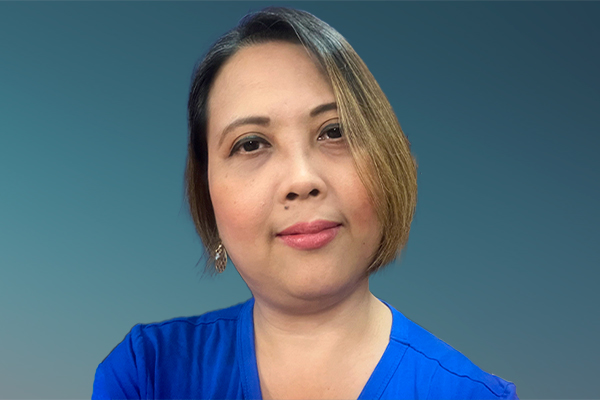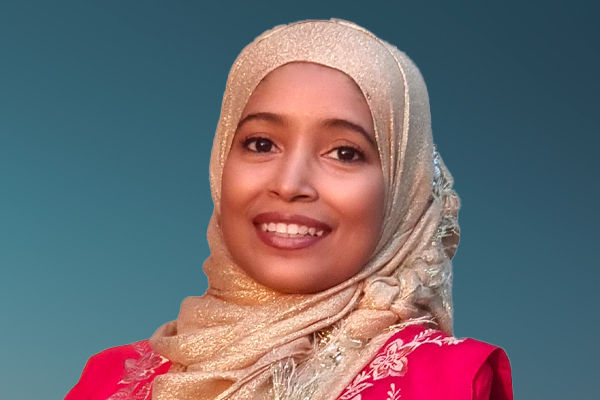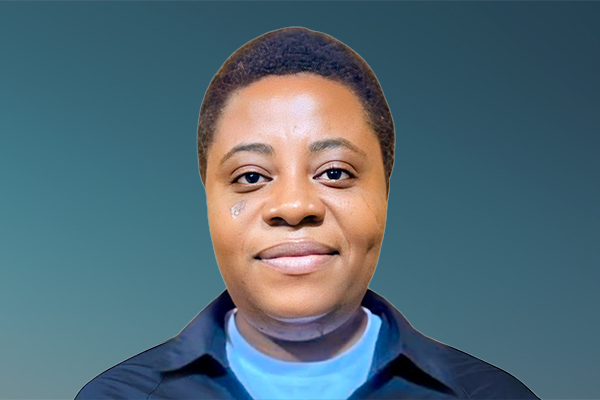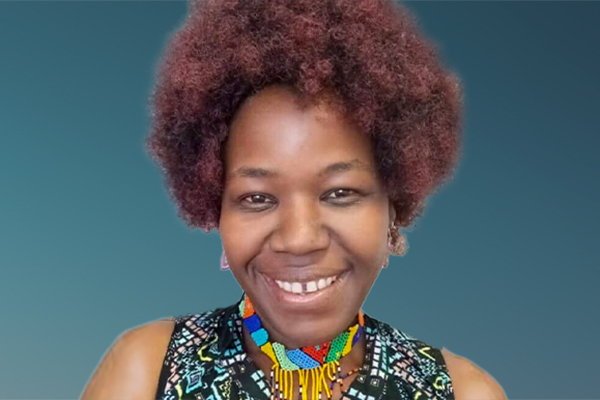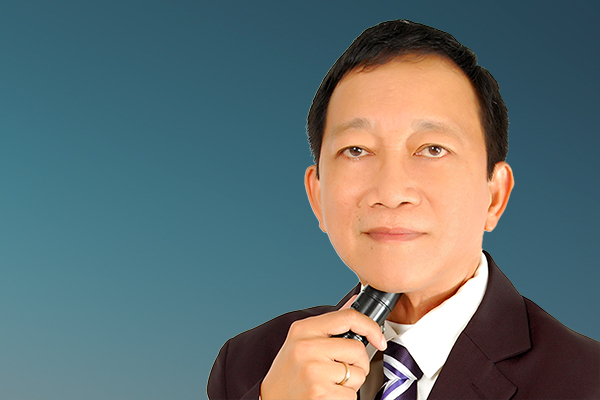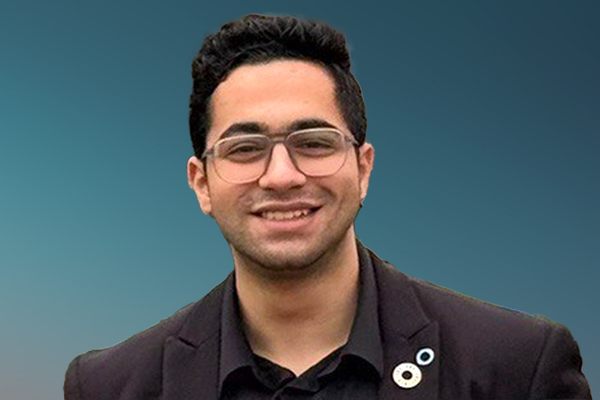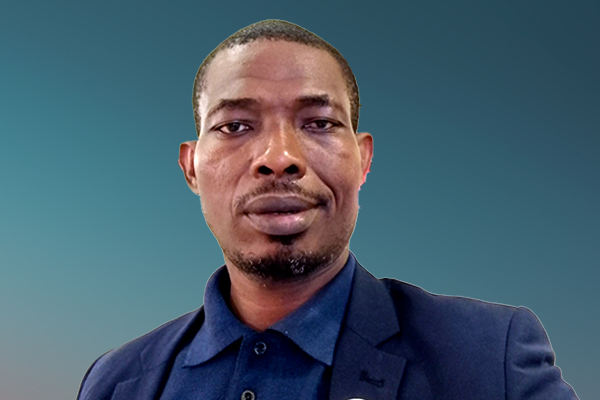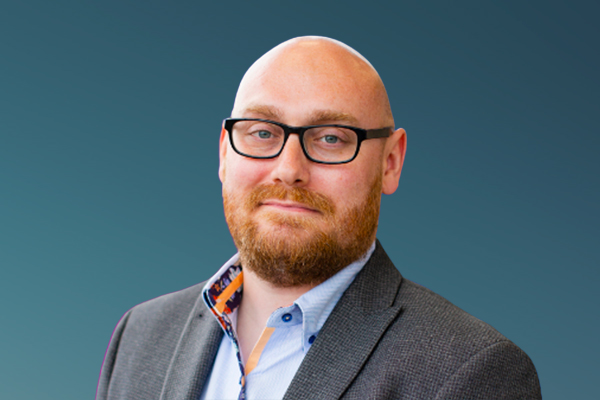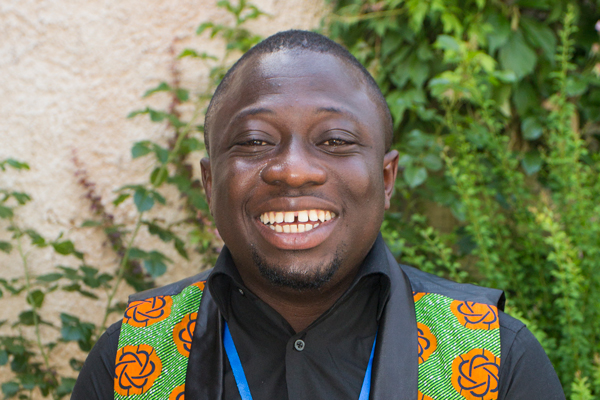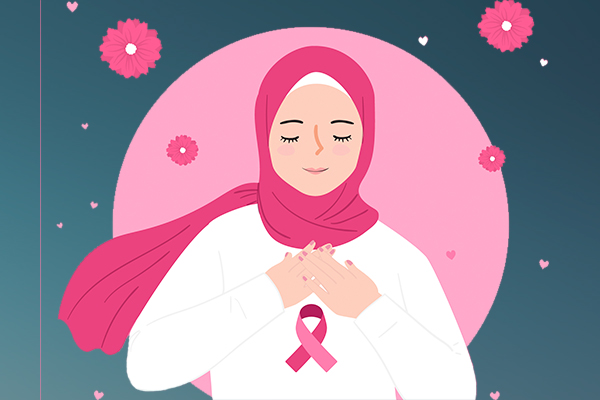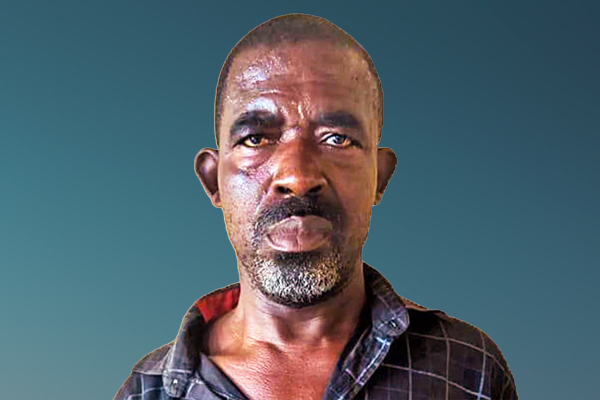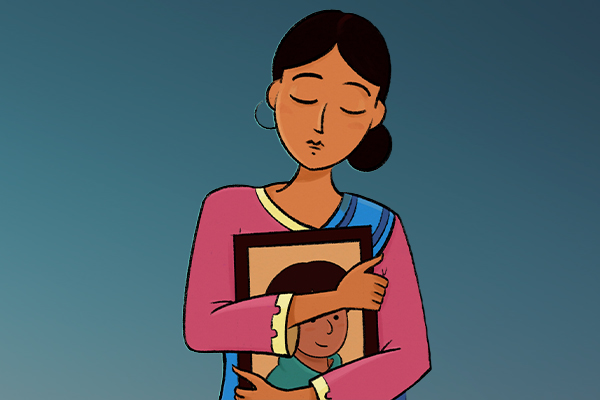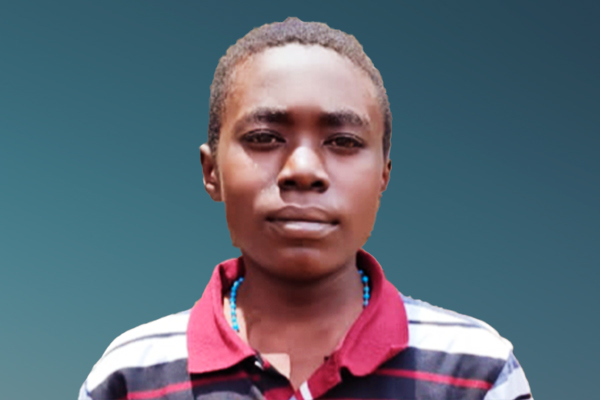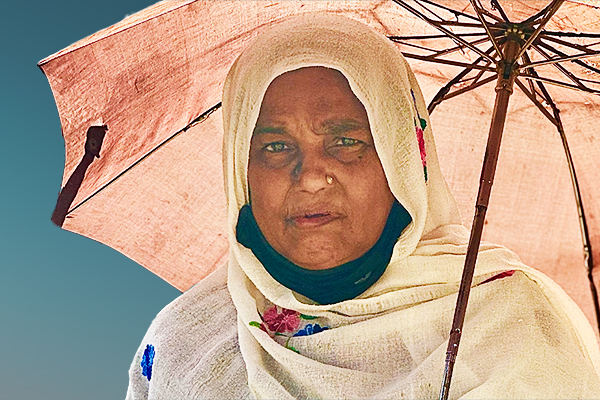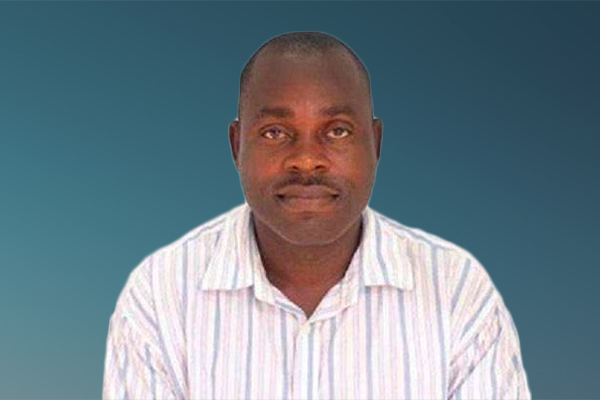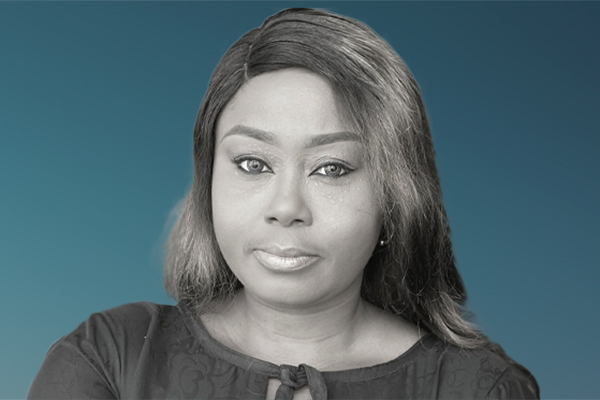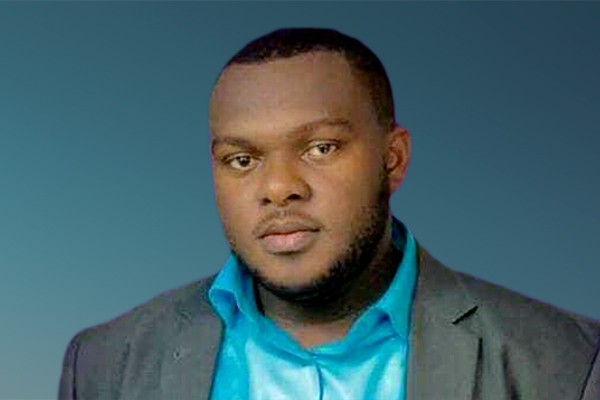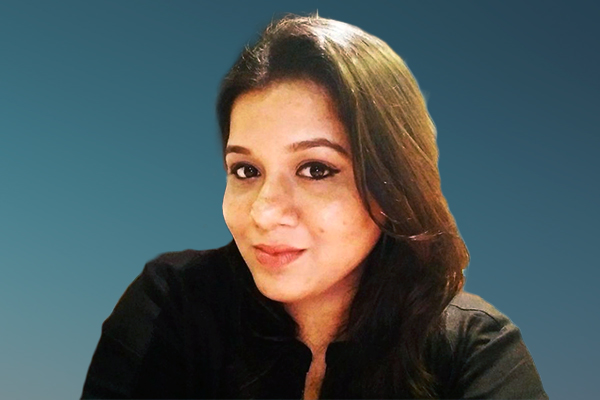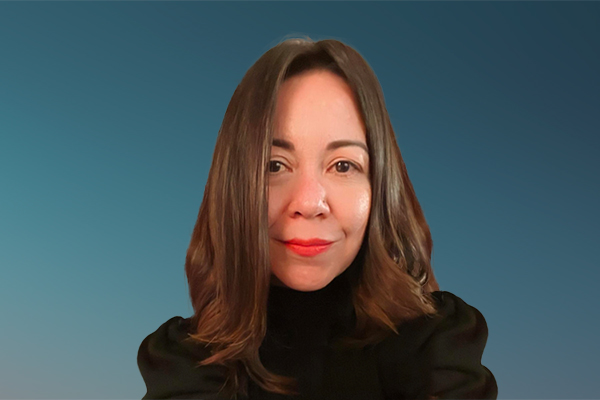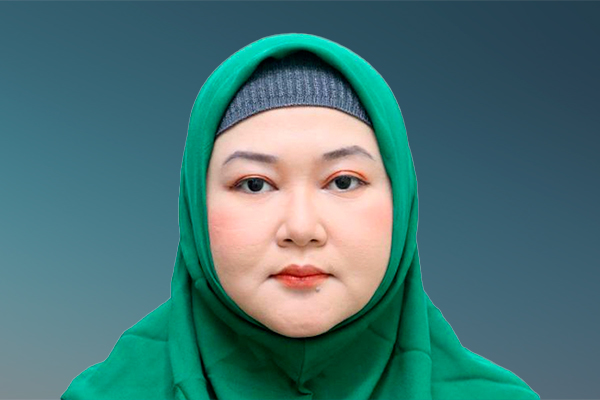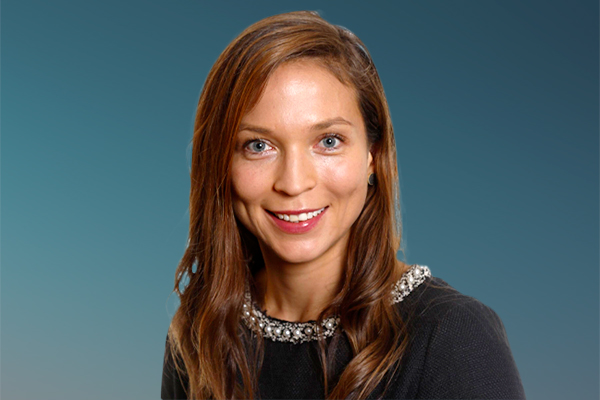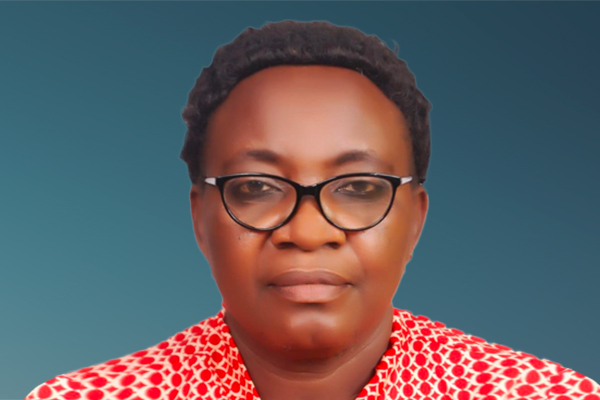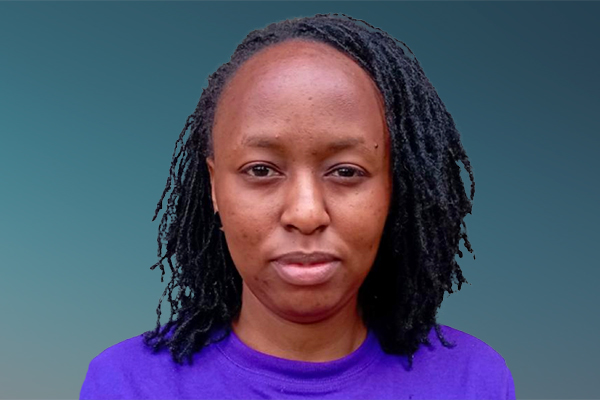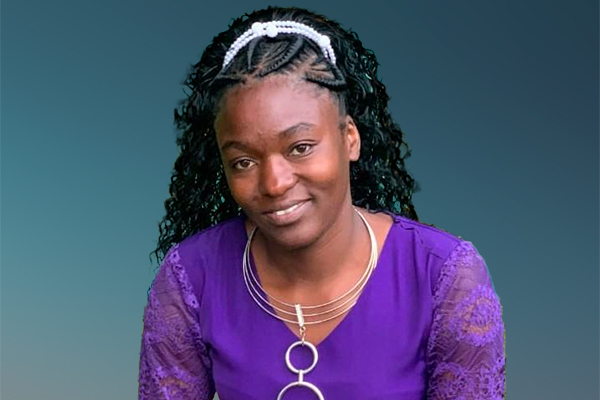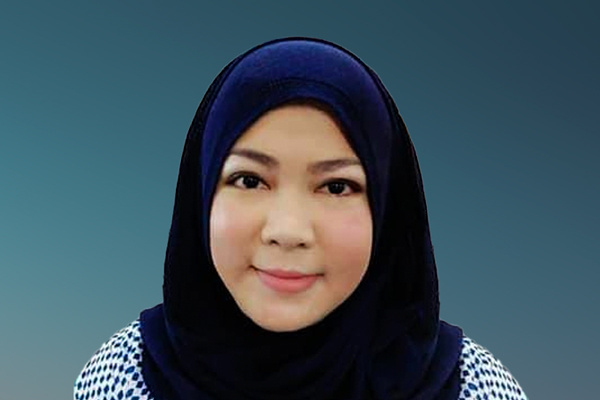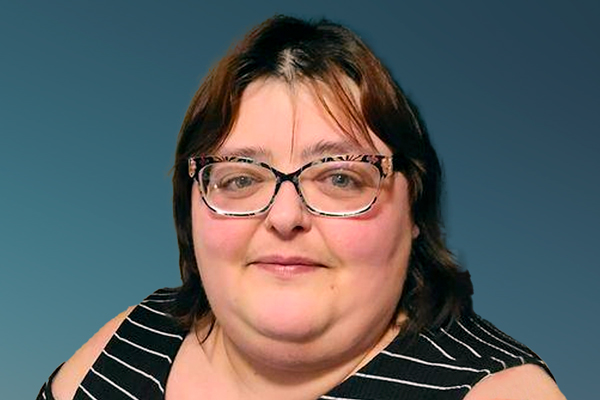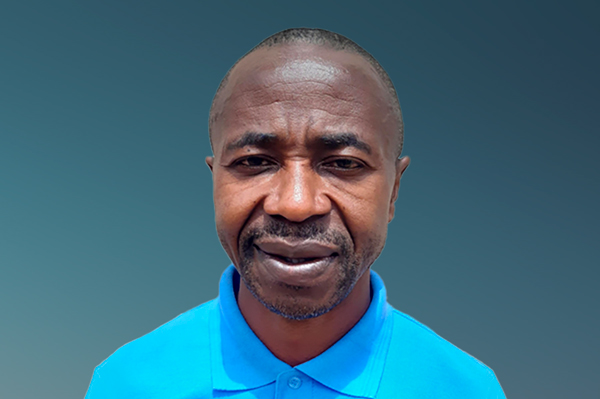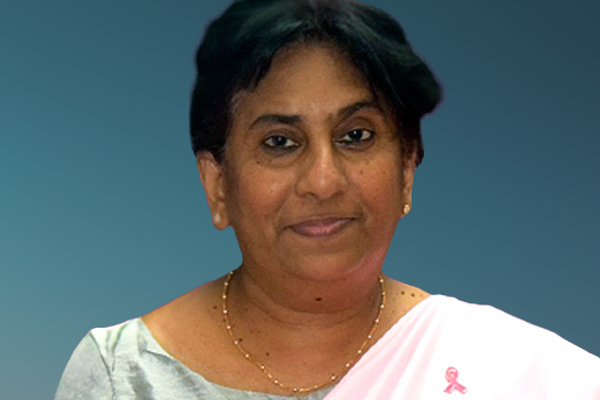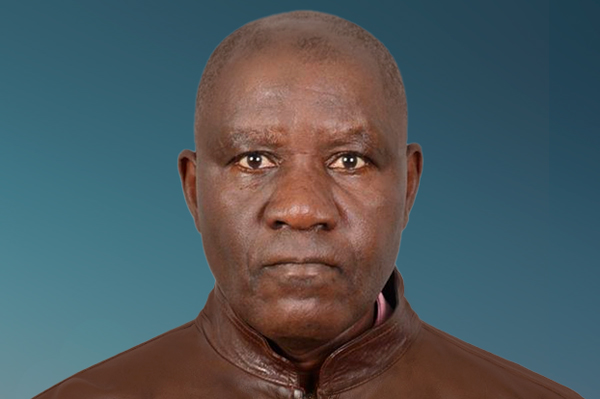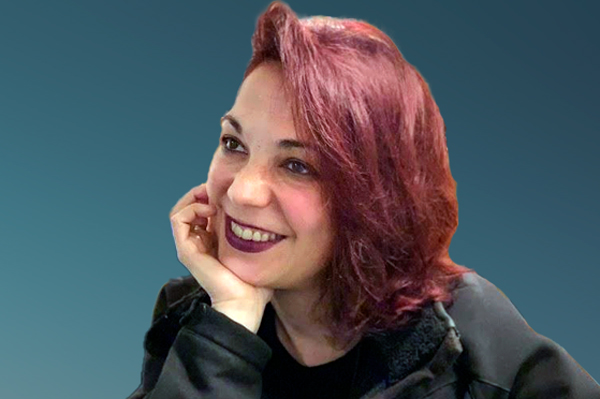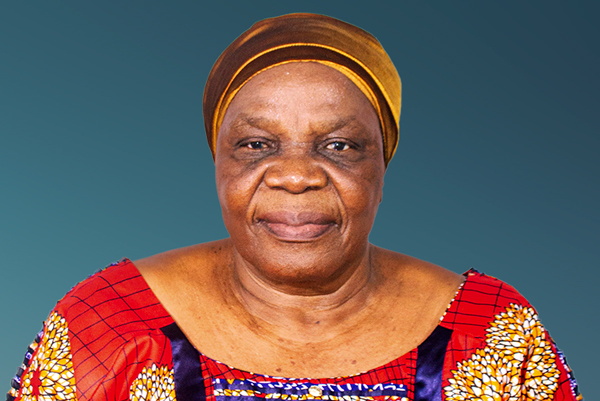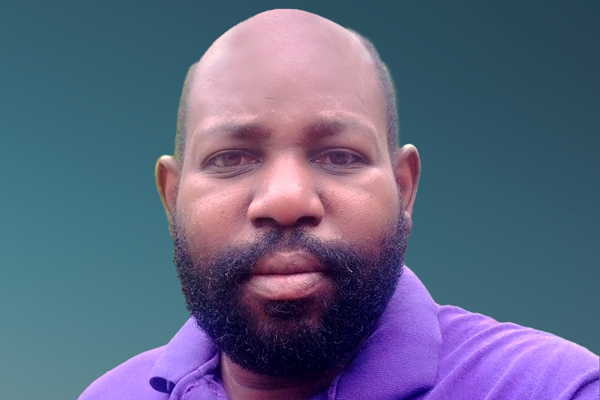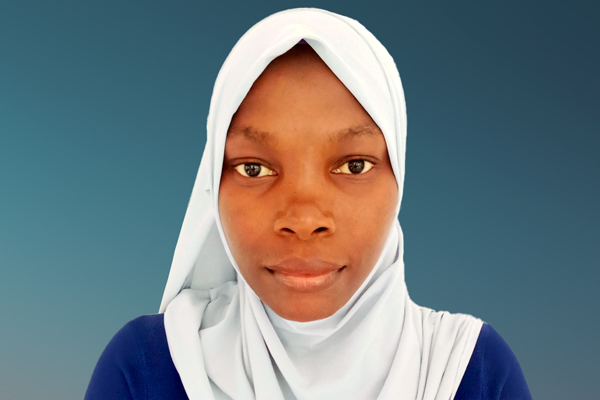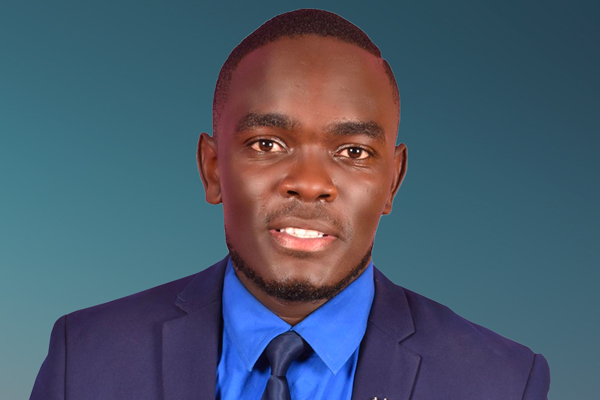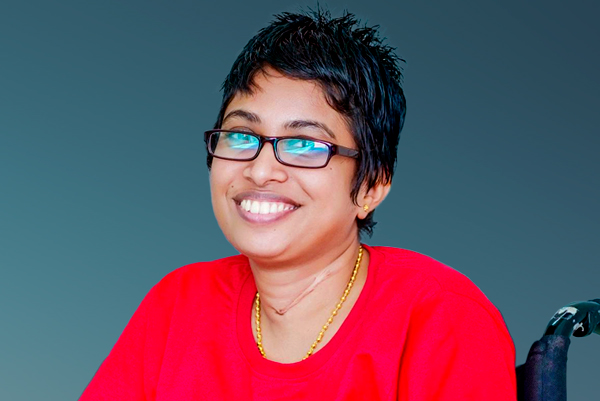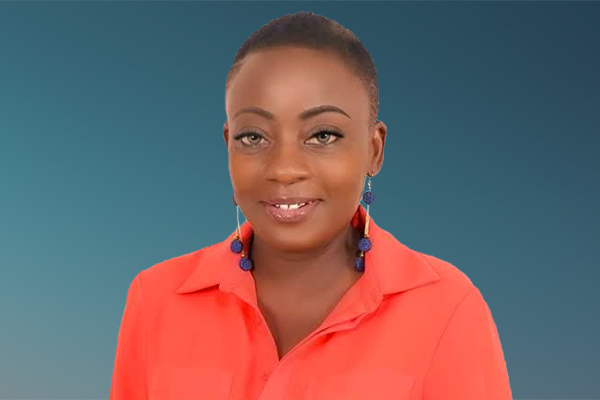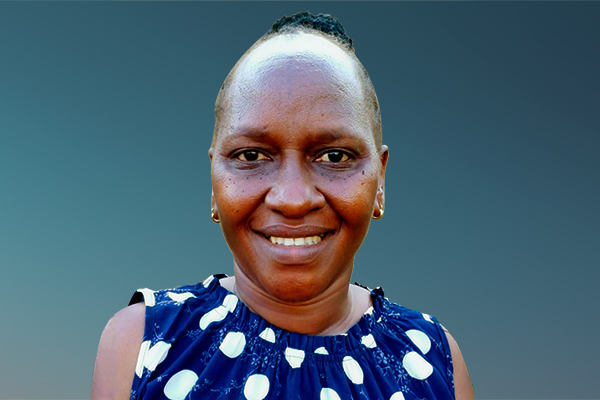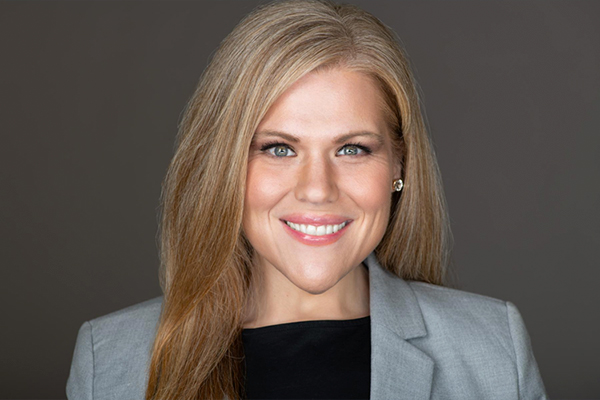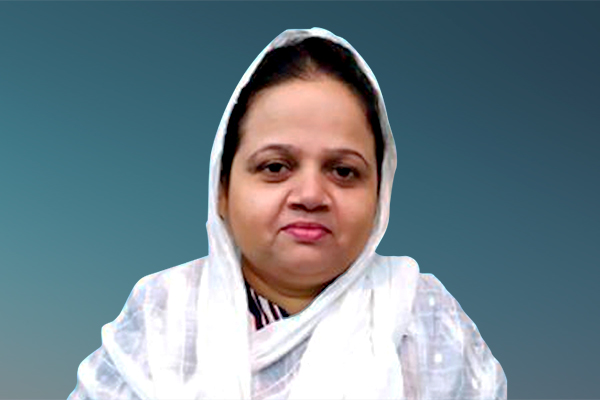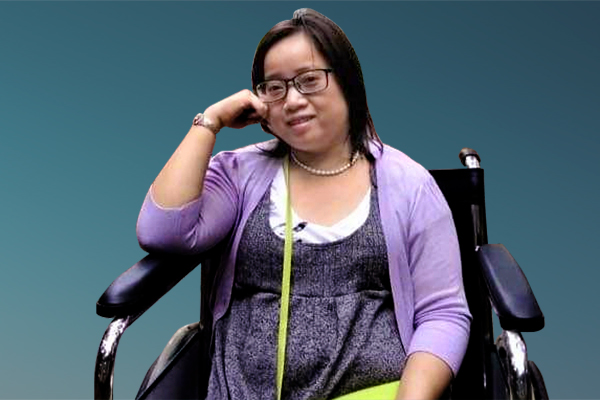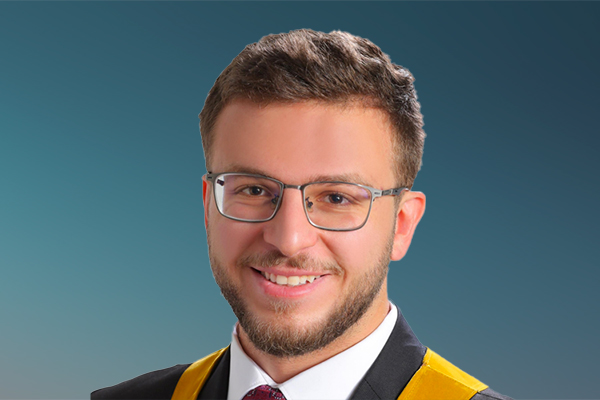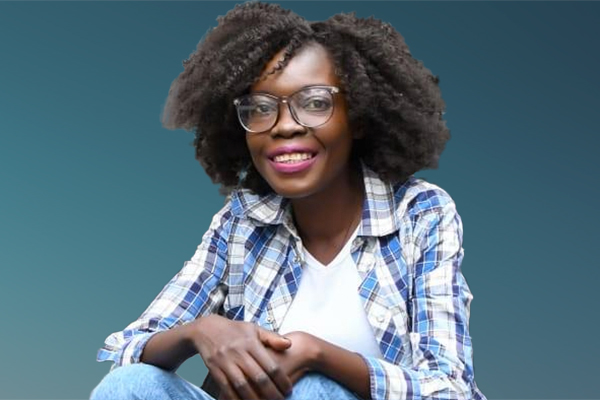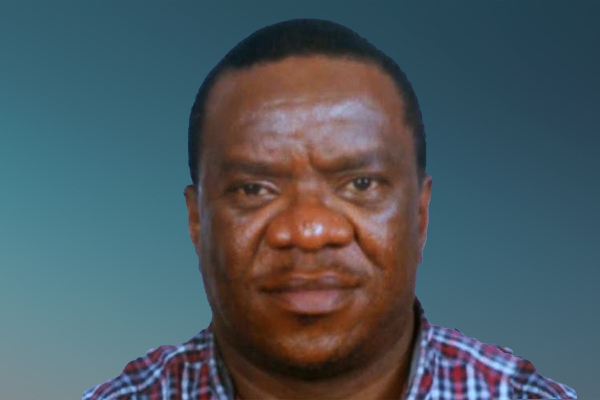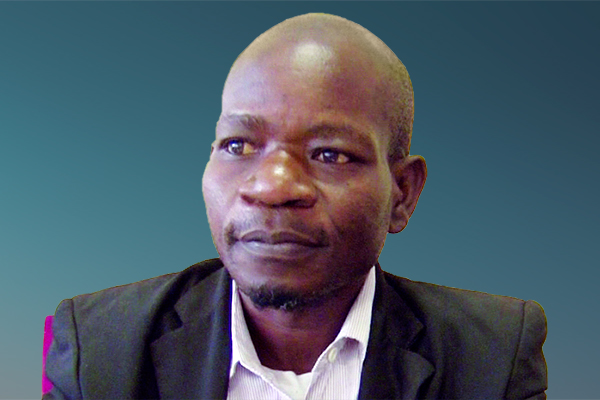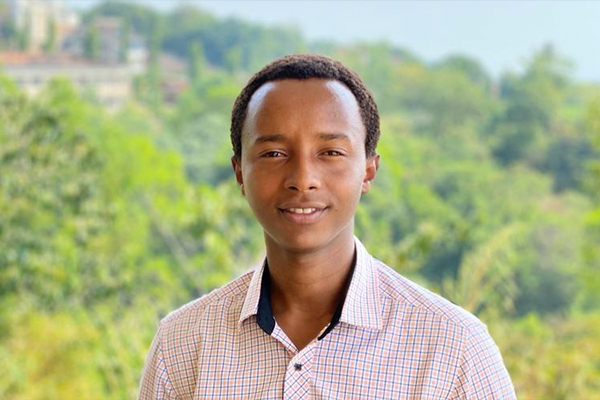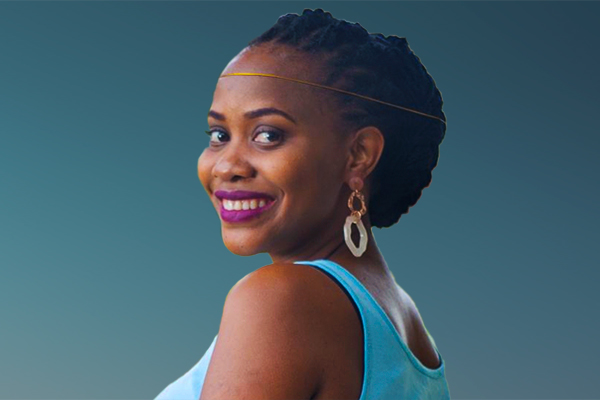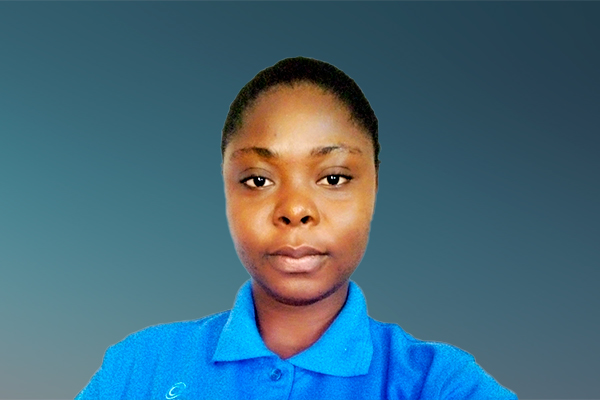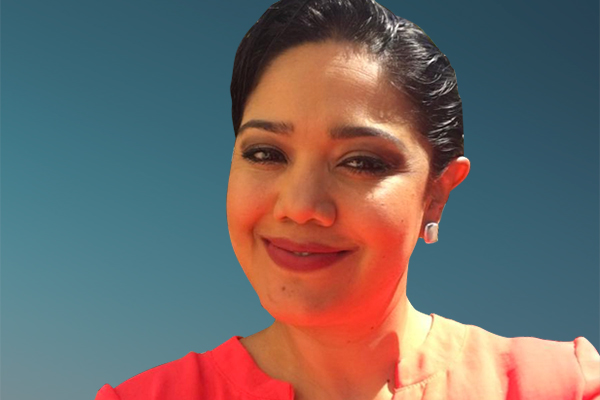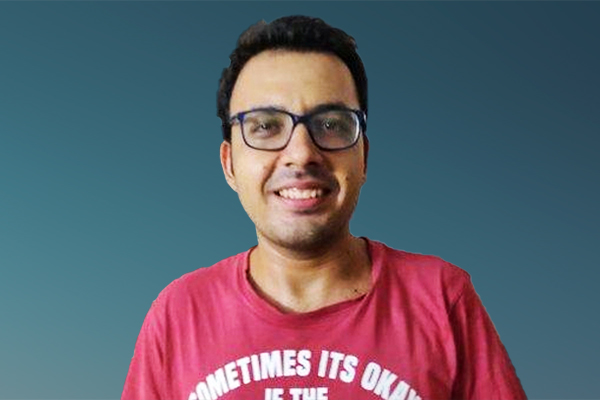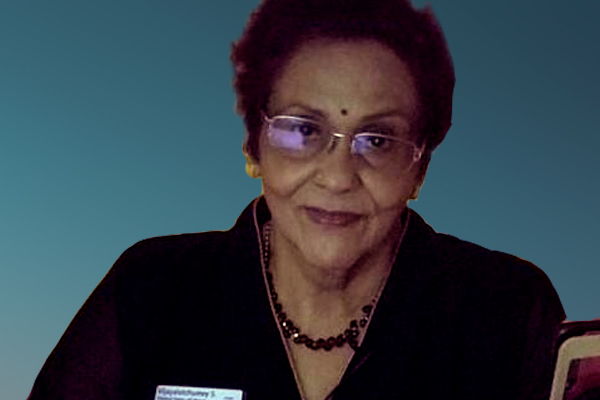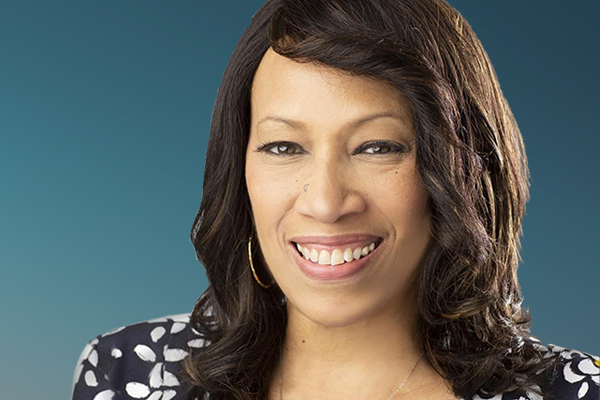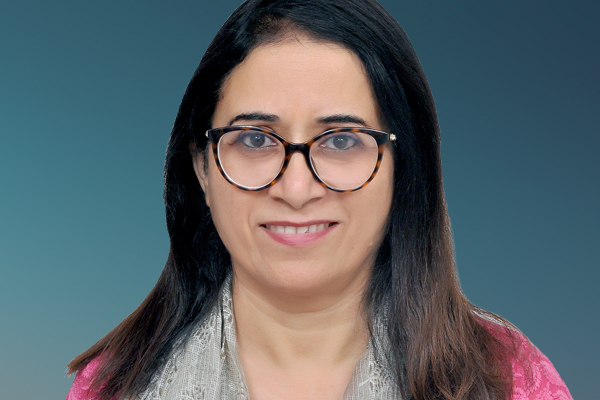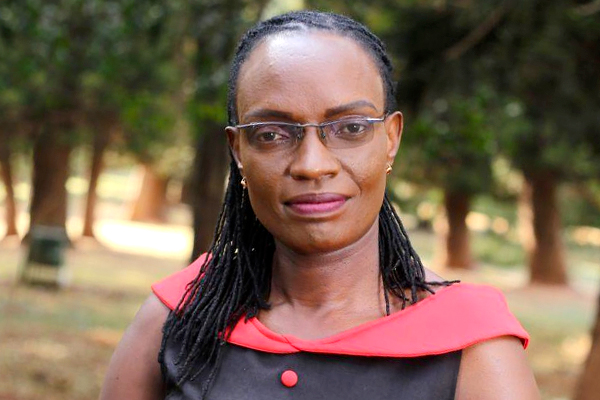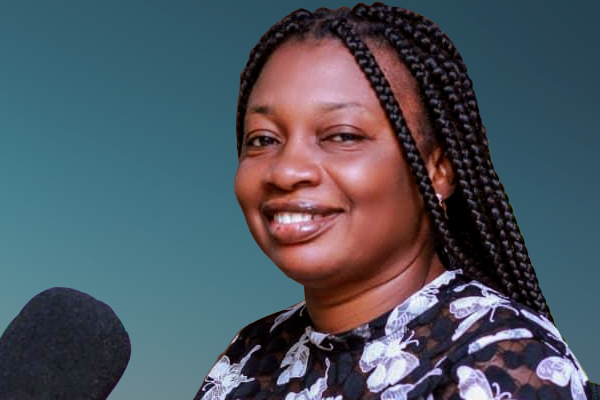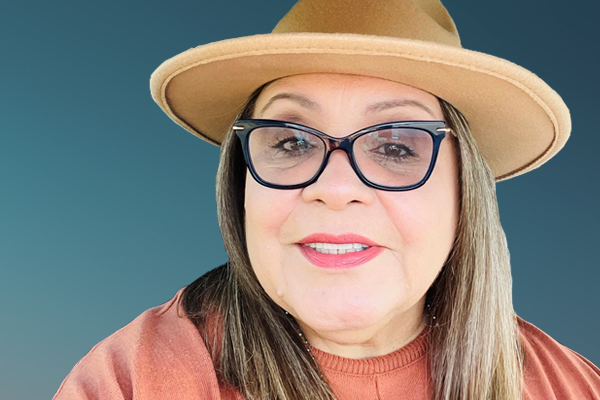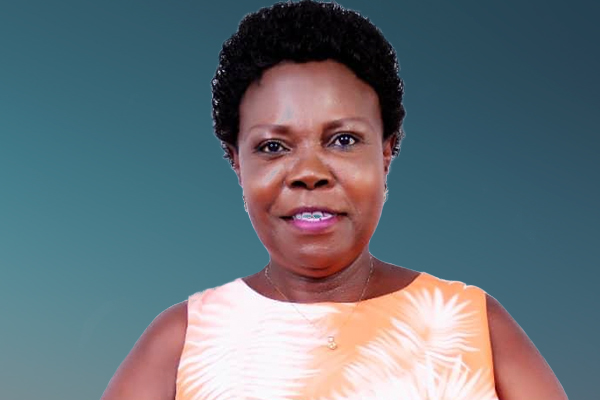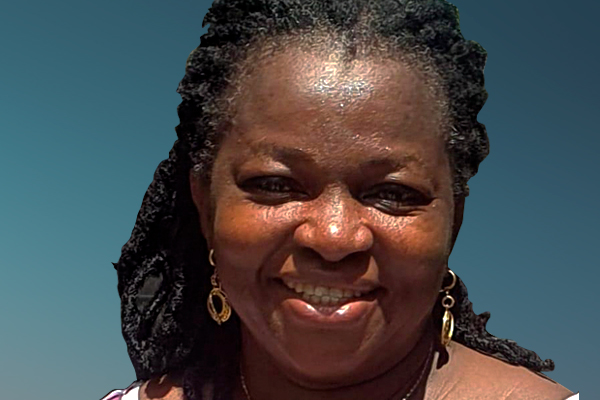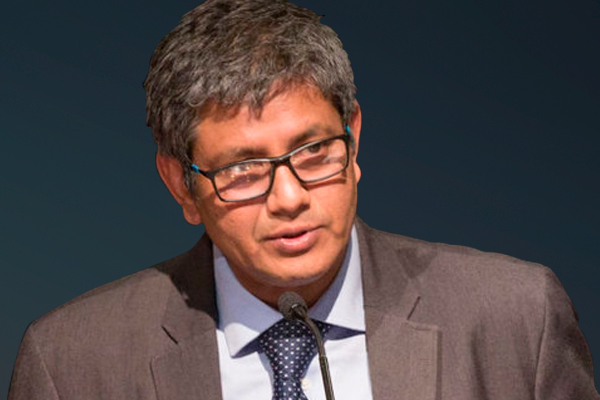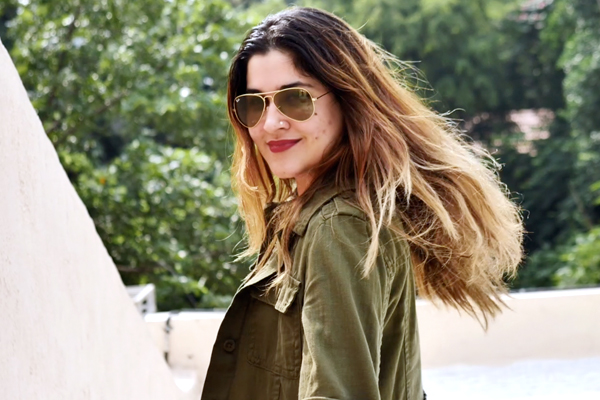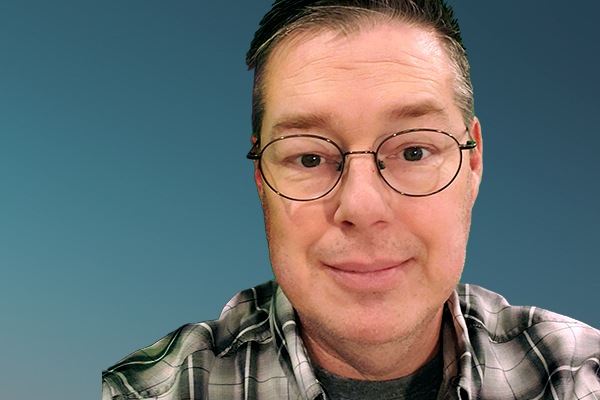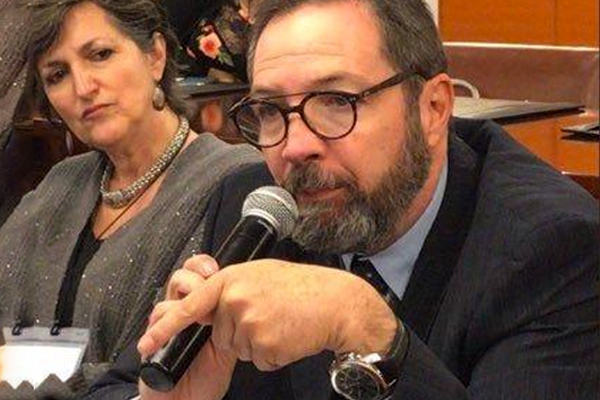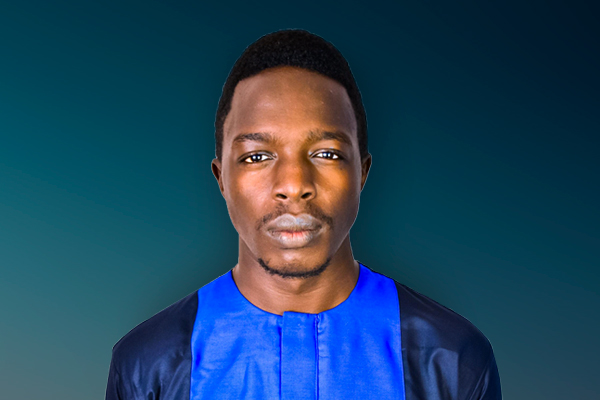Hi, my name is Sabiha Khan, and I am from New Delhi, India. I was a caregiver to my son who was living with bone cancer.
I'm sharing my story because I want financial equity for the treatment of all conditions.
20 December 2023
My journey as a caregiver to my son living with cancer
In April 2020, during the COVID‑19 pandemic, my son developed an unusual swelling on his leg and was eventually diagnosed with bone cancer. It was difficult for me as a mother to see him suffering, and the stress took a significant toll on my health as well. Along with taking care of him, I prayed daily for his health and well being.
Due to COVID-19, we faced delays in getting medical reports, difficulty in accessing medicines and the need for constant COVID‑19 tests due to frequent travel to the public hospital, which increased our costs. The cost of medicines and chemotherapy were also too high for us, and we didn’t have health insurance as we couldn't afford the insurance premium. When my son was moved to a private hospital, we came to know about a pharmacy waiver card provided by the hospital, which gave us a percentage discount on the pharmacy products, based on our annual income. However, the benefit was very little compared to overall treatment expenses.
Along with financial difficulties, my son’s health kept worsening. With heavy medication and chemotherapy, he lost almost fifteen kilograms. The doctors then advised the amputation of his leg, so we shifted him to another multi-speciality private hospital. I sold most of my assets and used my savings to provide the best treatment available. I still vividly remember telling my son in the ICU after his amputation, that this would not affect his life.
In April 2021, the doctors informed us that chemotherapy was no longer required and asked us to repeat X-rays every three months. My whole world came crashing down after the third X-ray, when doctors told us that the cancer had spread to his lungs and treatment would no longer help him. We travelled to Mumbai to consult an oncologist in another cancer hospital. There also, doctors revealed that treatment would not help anymore, and guided us to take him home and care for him there. They said if we had brought him earlier to Mumbai for diagnosis he might have survived. We went to four hospitals in two cities, but even after all our efforts and prayers, I could not save my son.
As a caregiver for my son, I felt the pain and fear he struggled with. I share my story today with the hope that voices like mine will be heard and stronger actions will be taken to strengthen equitable access to care for people living with NCDs like cancer.
1 February 2024
Inégalités partagées
Les personnes qui, comme moi, ont des revenus modestes doivent généralement assumer la charge financière des examens diagnostiques, traitements et médicaments des maladies chroniques telles que le cancer, qui sont coûteux. J’aimerais vous faire part d’un épisode malheureux de ce type. L’un de mes proches qui souffrait d’insuffisance rénale chronique et de problèmes intestinaux, a été renvoyé dans un hôpital public, après un traitement prolongé dans un hôpital privé spécialisé, en raison de problèmes financiers. Malheureusement, on lui a diagnostiqué un cancer de l’intestin et il est décédé. Je pense que le traitement et le bien-être des patients devraient être la principale priorité de notre système de santé. Quelle que soit leur capacité financière, les individus devraient avoir accès à des services de santé de qualité.
Parallèlement à cela, un manque de sensibilisation aux facteurs de risque, signes et symptômes des MNT expose chacun d’entre nous à un risque accru. Il y a certains stades du cancer que nous ne connaissions pas. Au début, je ne savais pas que le gonflement et la douleur ressenties par mon fils étaient dues au cancer. Récemment, j’ai été témoin d’un autre cas :on a diagnostiqué à l’une de mes voisines un cancer du sein en phase terminale. Dans son cas, il y avait une stigmatisation liée au cancer du sein, comme la peur que le cancer soit contagieux, et la peur de se retrouver isolée au sein de sa famille et de sa communauté. Cela a retardé le moment où ma voisine a cherché à se faire soigner. Comme elle connaissait mal la gravité de la maladie et qu’elle redoutait l’isolement, elle a pris des médicaments de guérisseurs traditionnels qui n’étaient pas efficaces pour traiter le cancer du sein.
Comme j’avais géré le cancer de mon fils, j’ai conseillé à ma voisine d’aller voir un médecin, à la suite de quoi un diagnostic clinique a été posé. Je suis convaincue que la peur et la stigmatisation liées aux cancers, en particulier le cancer du sein, entraînent un retard dans la recherche d’un traitement.
Parmi les responsabilités des aidants confrontés à des maladies chroniques telles que le cancer, on a l’aide aux activités quotidiennes, le transport, la gestion de la prise des médicaments, la consultation de différents médecins pour obtenir plusieurs avis et la répétition de nombreux examens médicaux. J’ai l’impression que chaque aidant passe par des émotions fortes telles que l’angoisse, la colère, la peur, le déni et le désespoir tout au long de son parcours avec les MNT. Toutes ces expériences conduisent généralement à un épuisement physique et mental. Les aidants ont du mal à maintenir un équilibre entre leur propre santé et celle de leurs proches. Les aidants et les personnes vivant avec des MNT doivent être impliqués de manière significative dans leurs propres décisions concernant leurs soins de santé. Cela nous permettra d’exprimer un avis sur les différentes options de traitement disponibles et de plaider en faveur d’un système de santé davantage centré sur la personne.
14 February 2024
Bridging the gap for people living with NCDs and their caregivers
One of the greatest challenges that we face while navigating the healthcare system is the fragmented referral system which leads to delays in seeking care. I firmly believe that an effective referral system is essential to ensure more equitable access to diagnosis and the full continuum of NCD care at different levels of the health service, irrespective of socioeconomic status. This is why I put forward my request to the government to strengthen referral systems and ensure timely access to care.
Limited health literacy among communities hinders the effectiveness of existing awareness campaigns. There is a widespread lack of awareness regarding signs and symptoms of NCDs which contributes to delays in treatment seeking. Sometimes we do not understand awareness messages either because of language barriers or due to the use of difficult words and terminologies. This is one of the main reasons why significant misconceptions and stigma related to NCDs, especially cancers, still exist.
Another key ask is for the government to strengthen the preventive aspect of cancers by conducting health education and awareness programmes and ensuring effective community level implementation. Ayushman Arogya Mandir Health Melas (Health Fairs conducted under Ayushman Bharat, a flagship programme in India to provide an expanded range of primary health care services) can be leveraged to further increase awareness.
Involvement of caregivers and patients in NCD care is crucial as their experiences affect the choices, expectations, and preferences for future encounters with the health system. To create a responsive and person-centred health system, there is a need to include perspectives of caregivers and understand their experiences. Hence, I urge state governments and healthcare professionals to include caregivers in decision-making and build their capacity to contribute to the organisation and planning of care, and discussions related to quality of care and access.
NCD Diaries
As a caregiver, I wish that no one has to go through the trauma of losing a loved one. I want that there should be financial equity in treatment for both the rich and the poor to ensure inclusivity under Universal Health Coverage (UHC).
Sabiha Khan, lived experience of cancer, India
About NCD DIARIES
The NCD Diaries use rich and immersive multimedia approaches to share lived experiences to drive change, using a public narrative framework.

